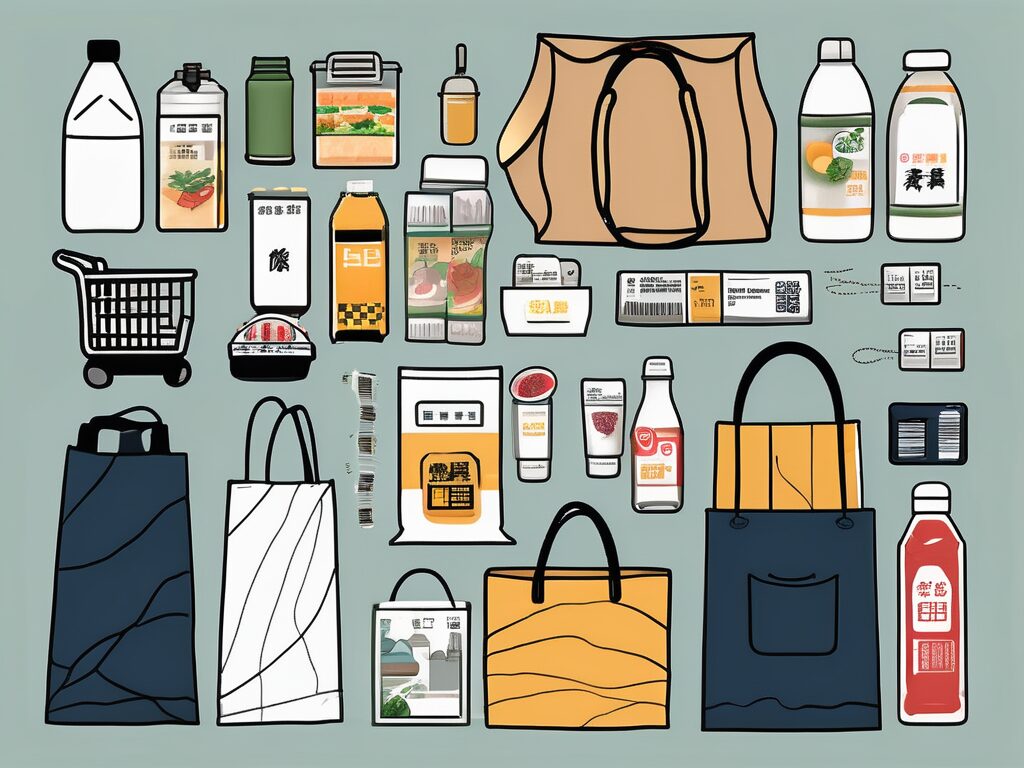Hong Kong, a vibrant city known for its impressive skyline and bustling streets, is a popular destination for international teachers. The city offers a unique blend of Eastern and Western cultures, making it an exciting place to live and work. However, the cost of living can be a significant factor to consider for IPGCE International Teachers planning to move to Hong Kong. This article provides seven insights into the cost of living in Hong Kong, helping you make an informed decision about your move.
1. Accommodation Costs
Renting
The cost of renting a flat in Hong Kong can vary greatly depending on the location and size of the property. In popular expat areas such as Central, Mid-Levels, and Discovery Bay, a one-bedroom flat can cost anywhere between HKD 20,000 to HKD 30,000 per month. However, if you’re willing to live a bit further out, you can find more affordable options.
For instance, in areas like New Territories or Lantau Island, you can find a similar flat for around HKD 10,000 to HKD 15,000 per month. It’s worth noting that most landlords require a two-month deposit and rent is typically paid monthly in advance.
Buying Property
Buying property in Hong Kong is an expensive affair. The city is known for having one of the highest property prices in the world. A small flat in a decent neighbourhood can easily cost upwards of HKD 6 million. Therefore, most expats opt to rent rather than buy.
2. Food and Dining
Food is a significant part of Hong Kong’s culture, and the city offers a wide range of dining options. You can find everything from cheap street food to high-end restaurants. A meal at a local eatery can cost around HKD 50, while a dinner at a mid-range restaurant can set you back around HKD 200 to HKD 300 per person.
Supermarket prices are also relatively high compared to other Asian cities. However, shopping at local markets can be a cheaper alternative. For instance, a week’s worth of groceries for a single person might cost around HKD 700 to HKD 1000 at a supermarket, but you could save around 30% by shopping at local markets.
3. Transportation
Hong Kong has an efficient and affordable public transportation system. The MTR (Mass Transit Railway) is the most popular mode of transport and a monthly pass costs around HKD 500. Buses and trams are also widely used and are even cheaper. Taxis are relatively expensive, with a starting fare of HKD 24.
If you plan to own a car, be prepared for high costs. Besides the price of the car itself, you’ll need to factor in the cost of insurance, parking, and fuel. Parking can be particularly expensive, with monthly rates in popular areas often exceeding HKD 3,000.
4. Education
If you’re moving to Hong Kong with children, education will be a significant expense. International schools are the preferred choice for most expats, but they come with high fees. Annual tuition can range from HKD 90,000 to over HKD 200,000 depending on the school and grade level.
Local schools are a cheaper alternative, with some even being free. However, they often have long waiting lists and the language of instruction is usually Cantonese.
5. Healthcare
Healthcare in Hong Kong is excellent but can be expensive. The city has a dual public-private healthcare system. Public hospitals provide high-quality care at low prices, but waiting times can be long. A visit to a general practitioner in a public hospital costs just HKD 50, but you may have to wait several hours.
Private healthcare is significantly more expensive, but offers shorter waiting times and more personalised care. A consultation with a private GP can cost anywhere from HKD 300 to HKD 1000. Most expats opt for private health insurance to cover these costs.
6. Leisure and Entertainment
Leisure and entertainment costs in Hong Kong can vary greatly. The city offers a wide range of activities, from hiking and beach trips which are free, to concerts and theatre shows which can be quite pricey. A cinema ticket costs around HKD 85, while a gym membership can set you back anywhere from HKD 400 to HKD 1000 per month.
Drinking and dining out can also add up. A pint of beer in a bar costs around HKD 60, and a meal in a mid-range restaurant can cost HKD 200 to HKD 300 per person.
7. Taxes
One of the advantages of living in Hong Kong is its low tax rates. The city operates a territorial taxation system, meaning you’re only taxed on income earned within Hong Kong. The tax rate is progressive and ranges from 2% to 17%. There is no VAT or GST, which helps keep the cost of goods and services down.
In conclusion, while Hong Kong can be an expensive city to live in, it also offers a high standard of living. By understanding the costs involved and budgeting carefully, it’s possible to enjoy all that this vibrant city has to offer.
Elevate Your Teaching Career in Hong Kong with IPGCE
Ready to tackle the cost of living in Hong Kong and advance your teaching career? Join the UK’s #1 Teacher Training Course, the International Postgraduate Certificate in Education (iPGCE). Our program is designed to enhance your qualifications, increase your chances of landing interviews, and offer substantial career progression. With iPGCE, you’ll join a global network of educators, gain a deep understanding of international curricula, and enjoy the flexibility of balancing professional development with your current job. Don’t let inadequate credentials or isolation hold you back. Join our community and take the first step towards a rewarding international teaching career in Hong Kong.

